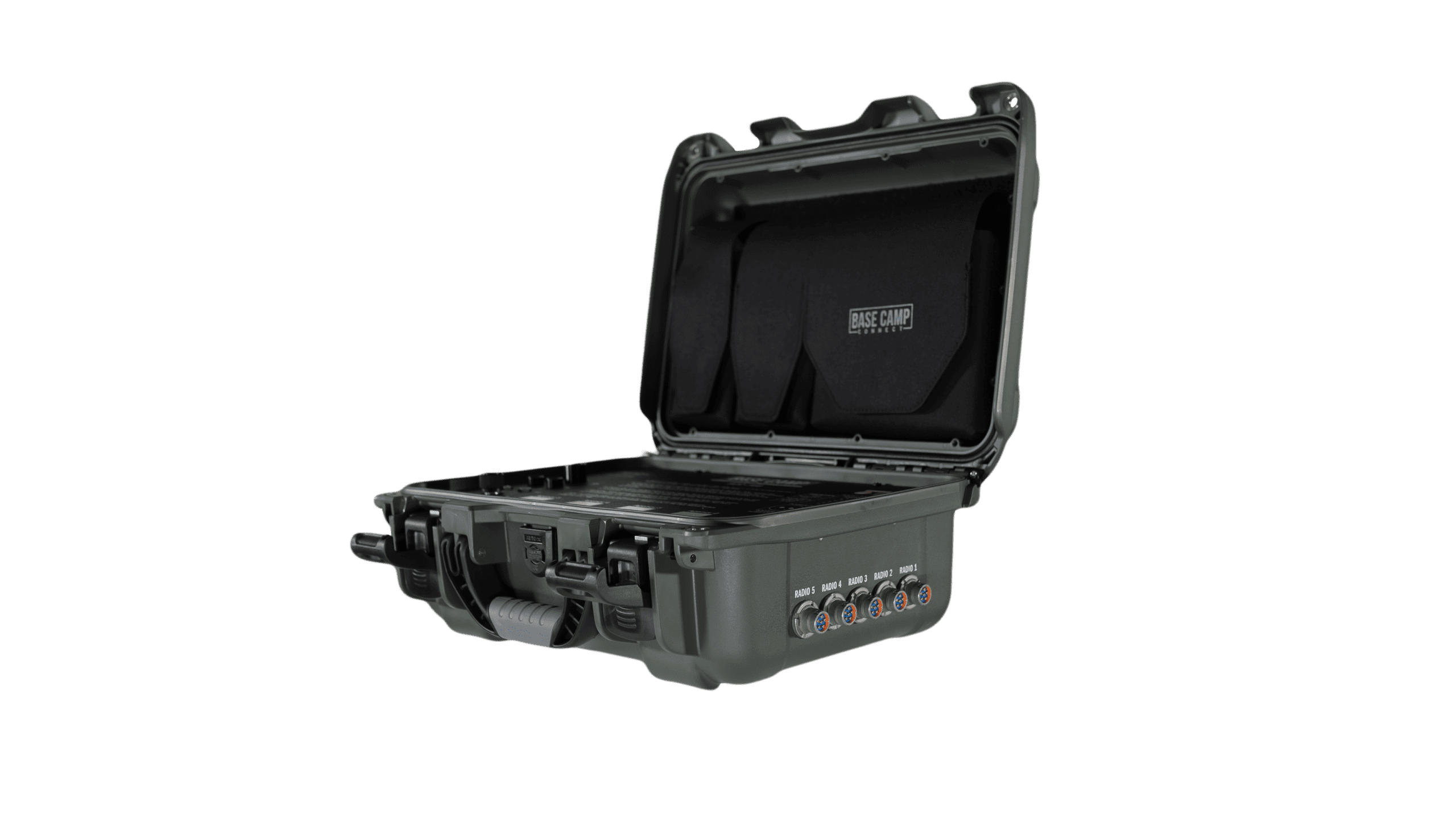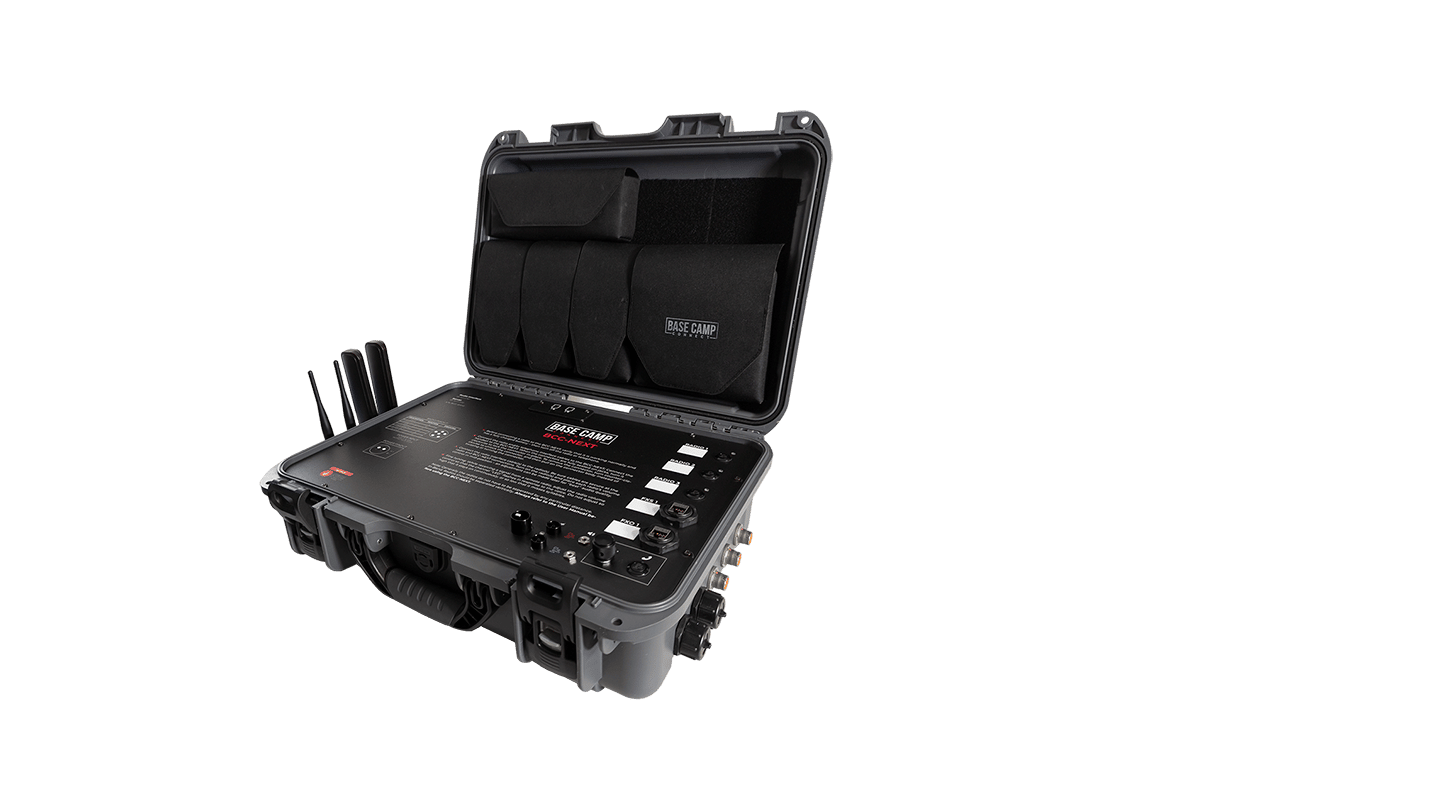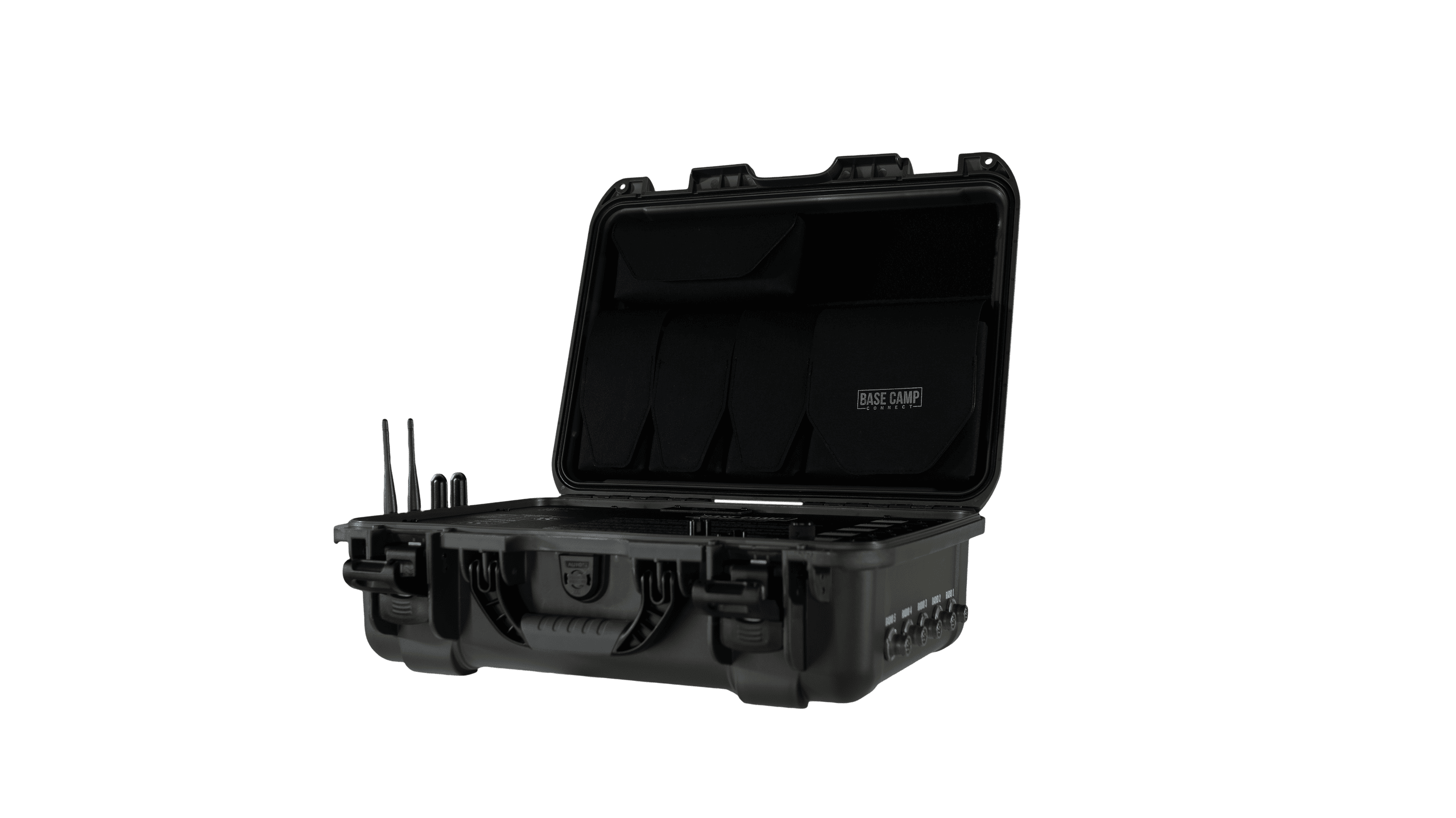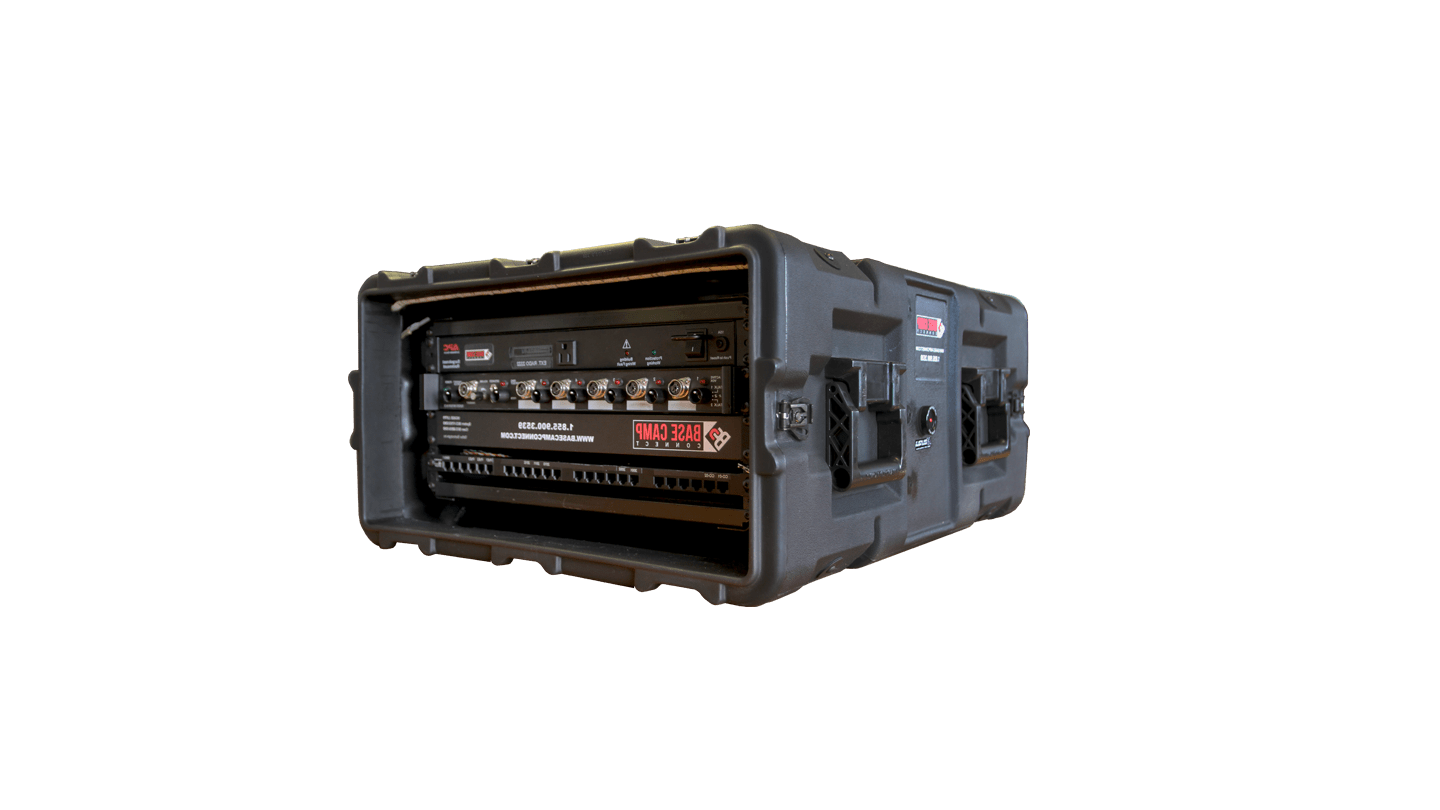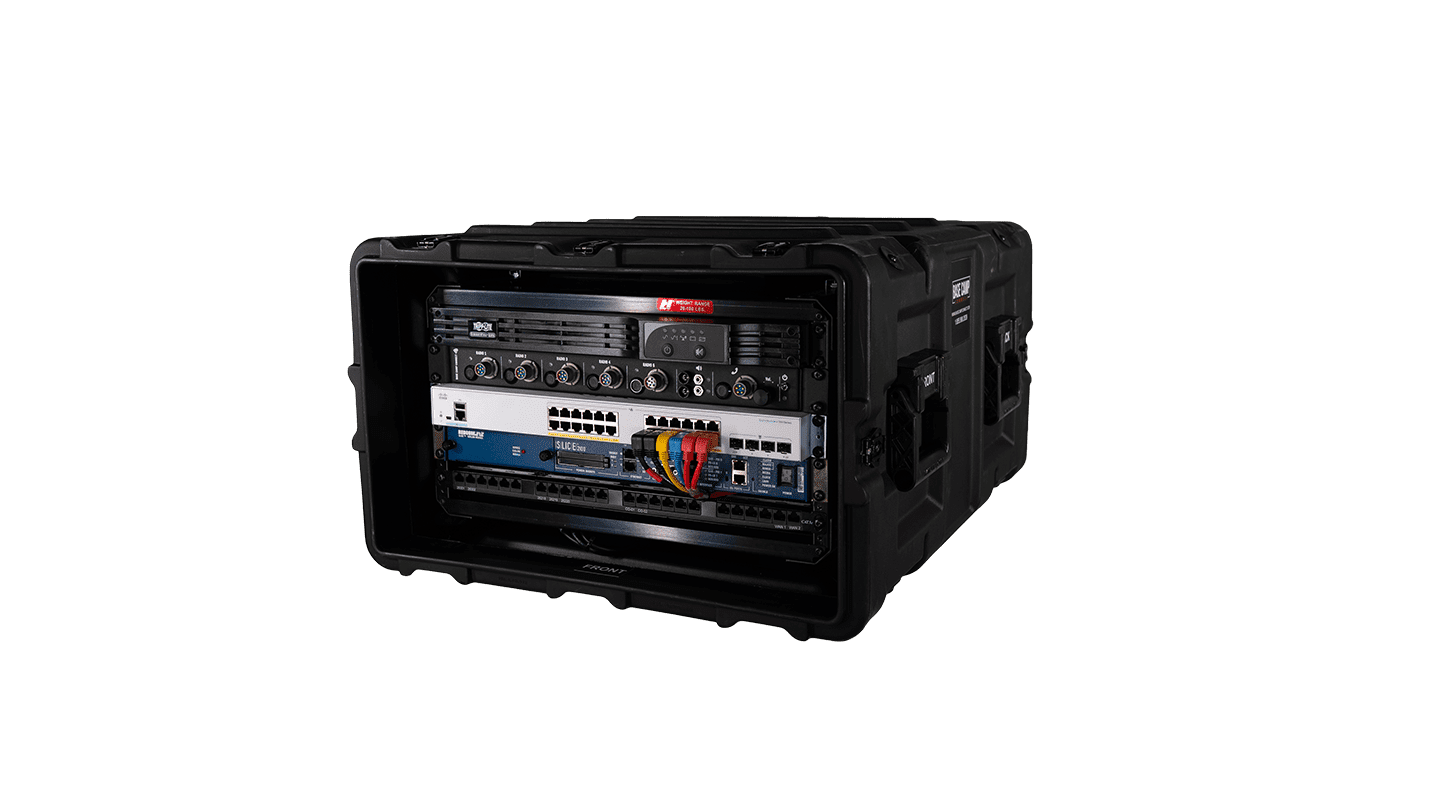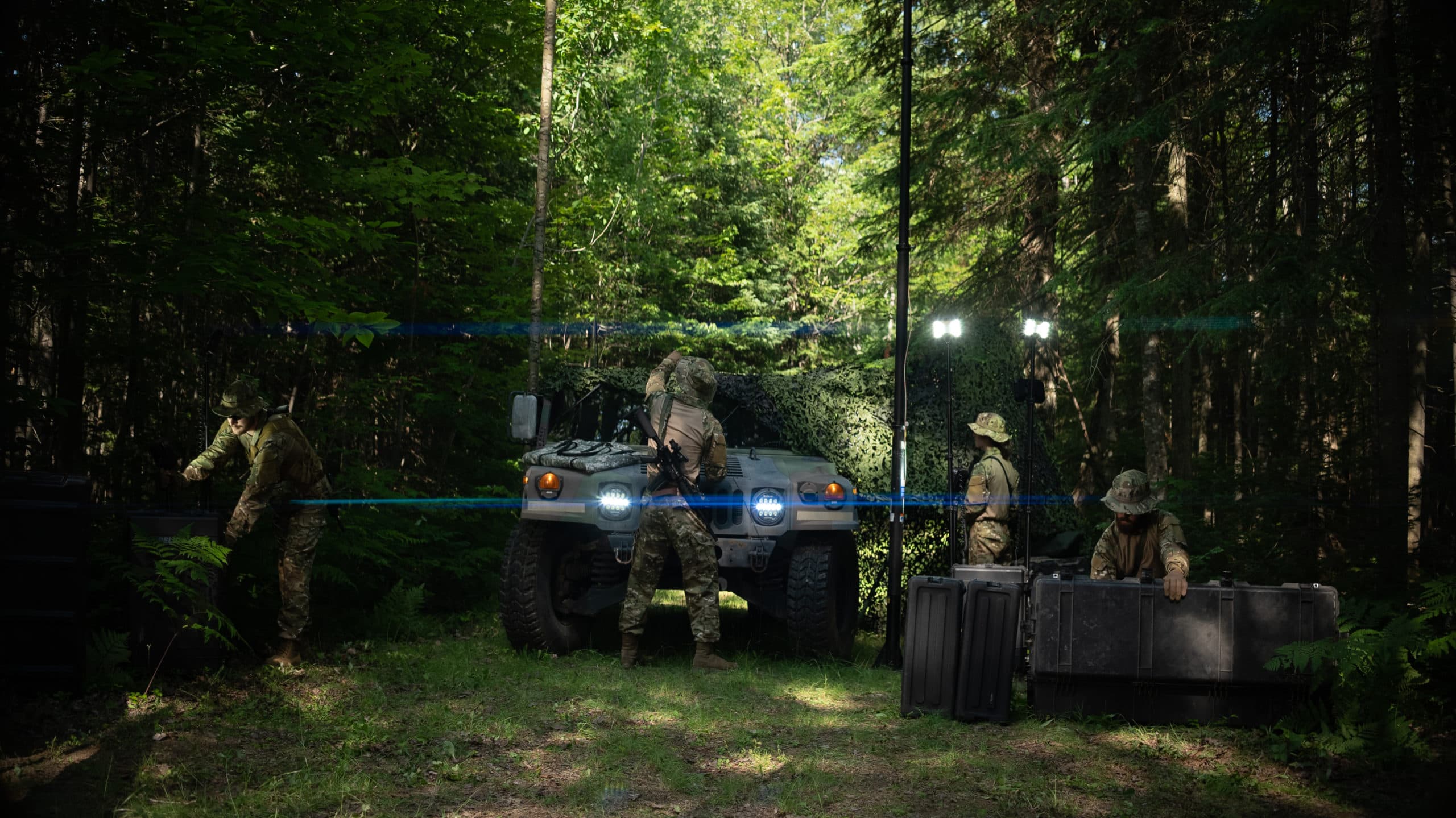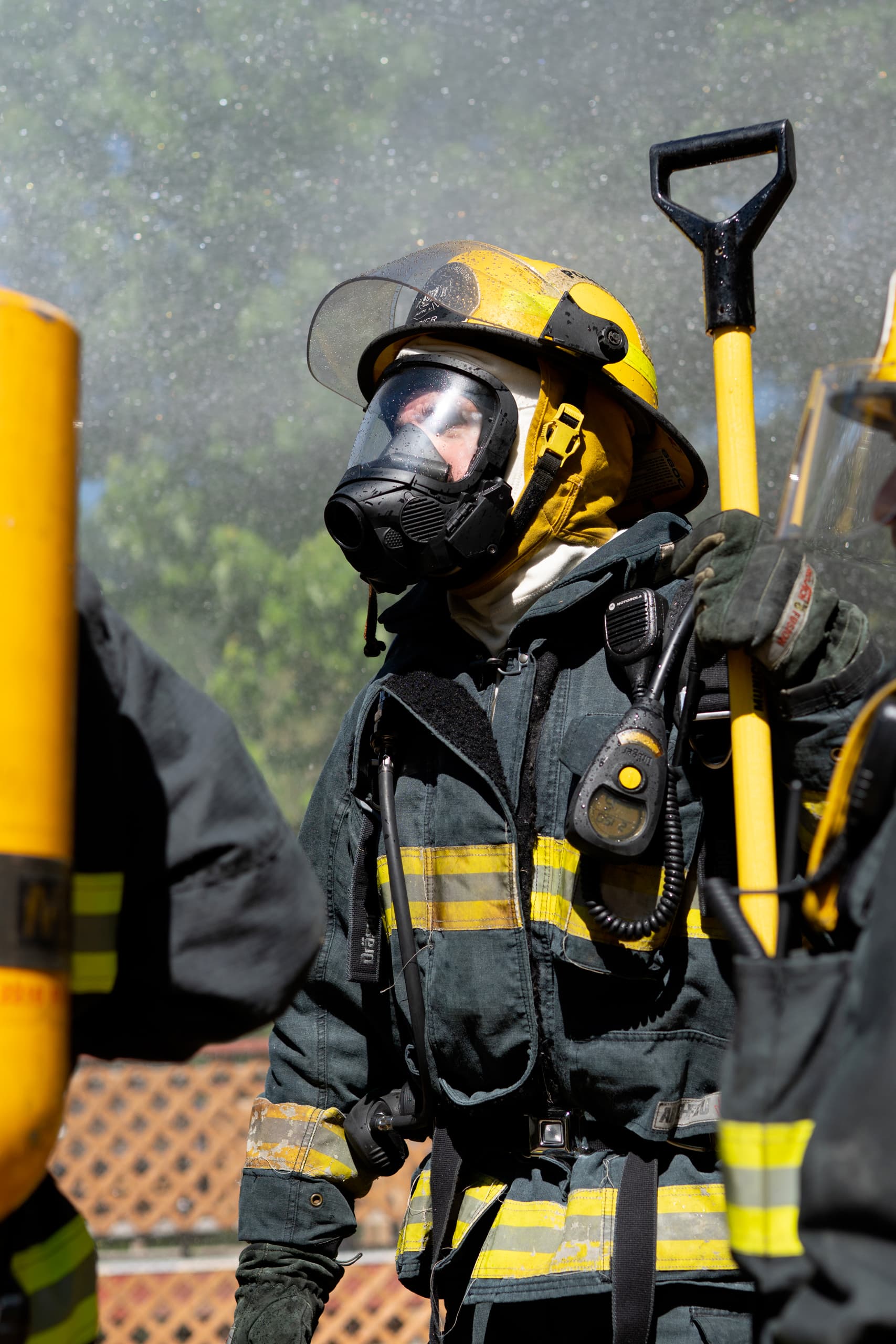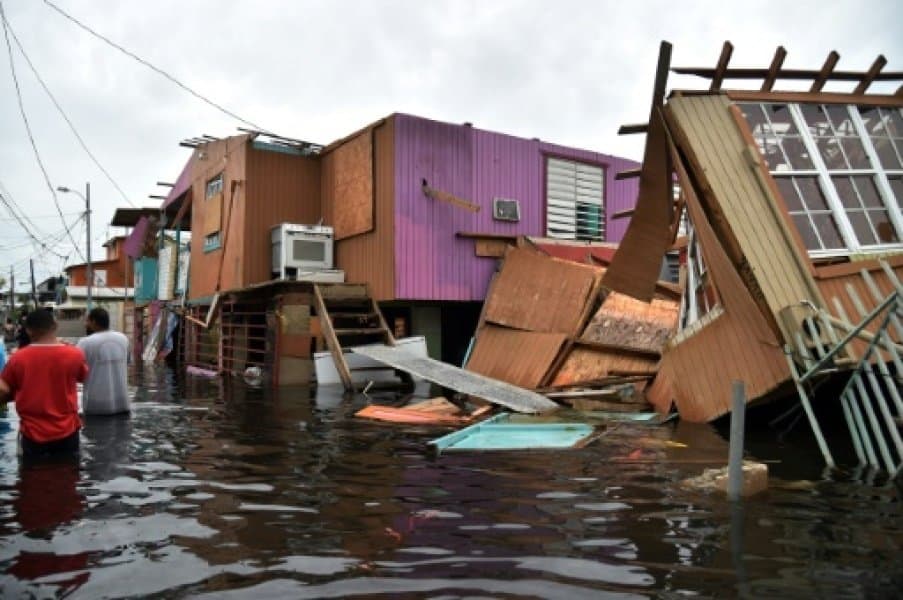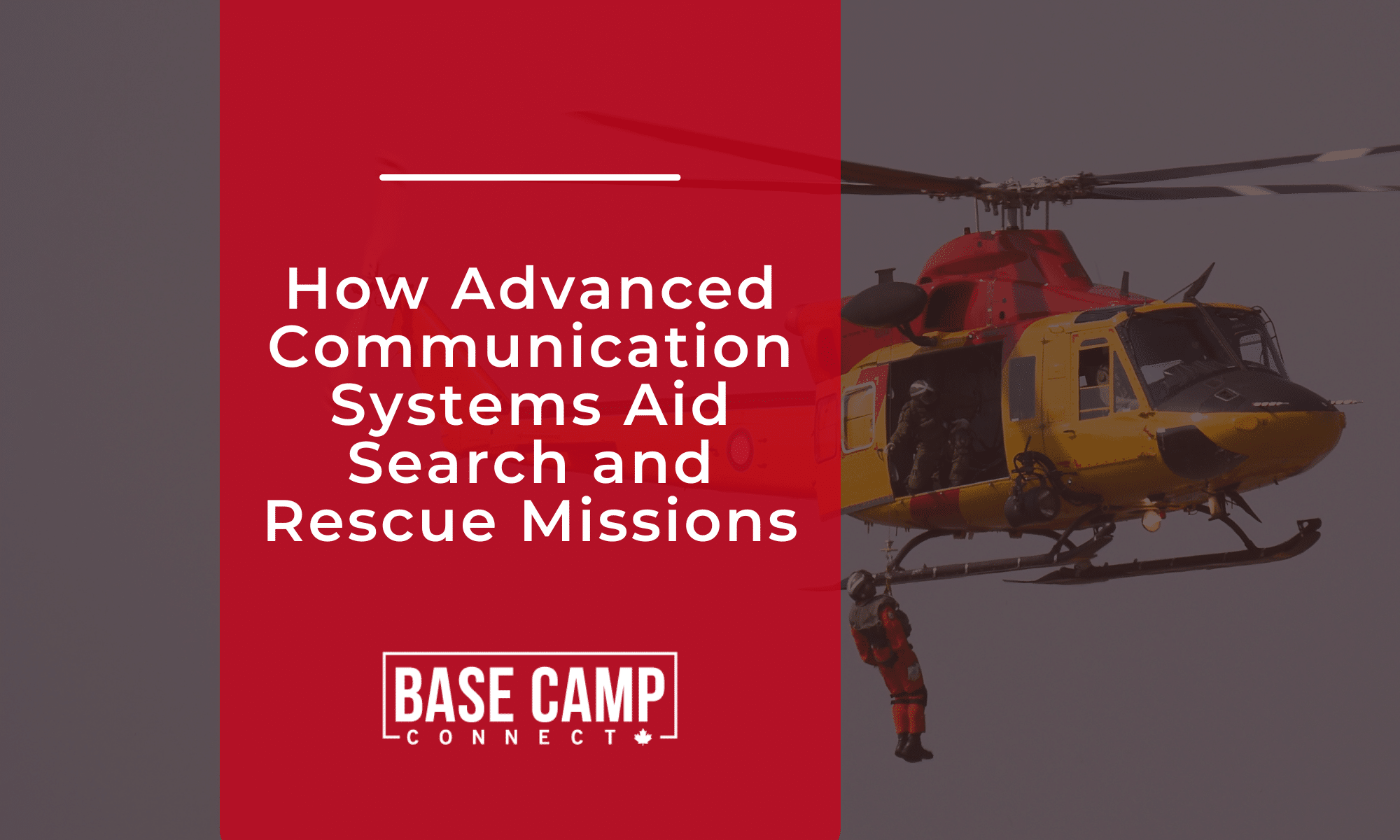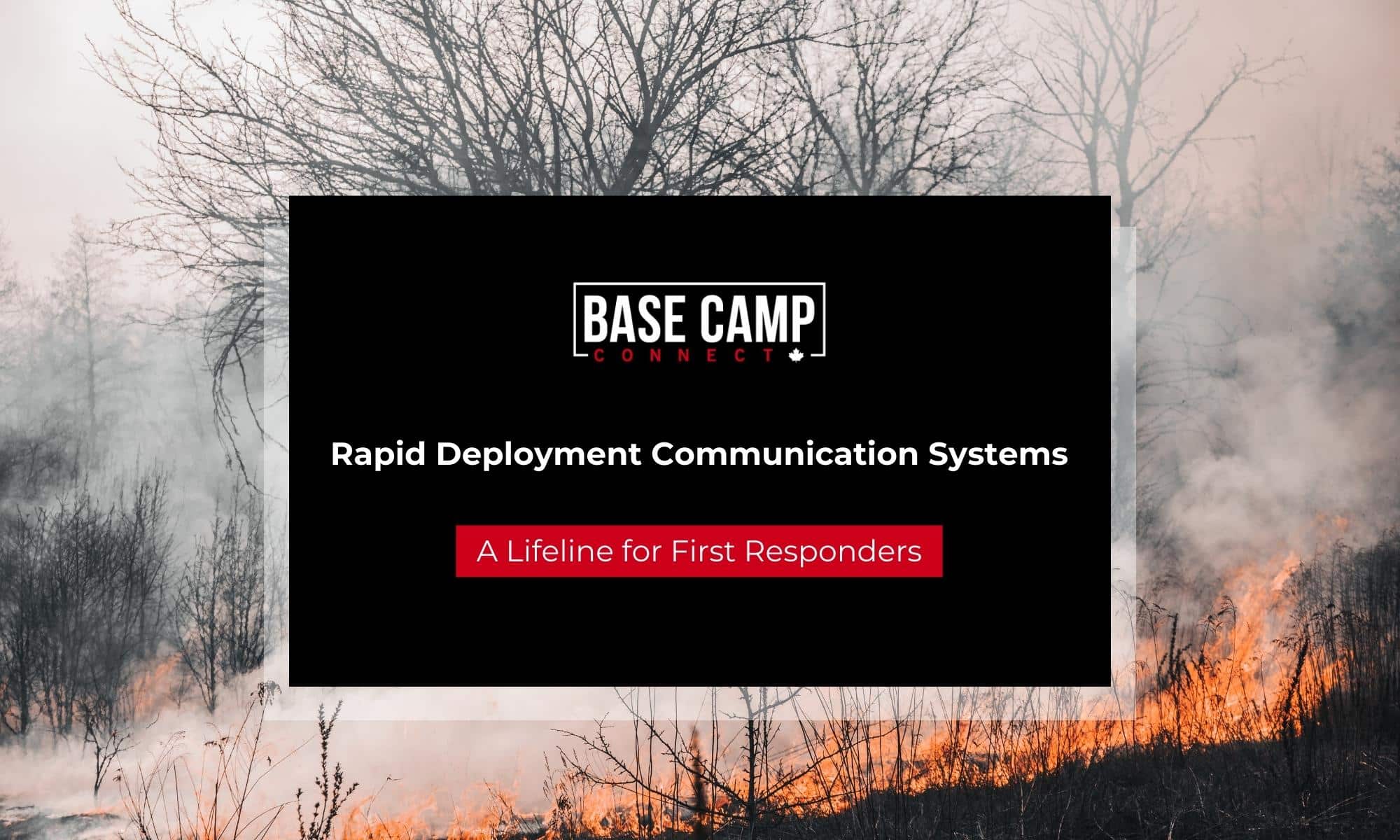A tricky predicament isn’t? Communicating without any communications is similar to the current situation in Puerto Rico right now, an area completely devastated and with little to no electricity or means of communicating to the United States mainland.
Fortunately, some Ham radio operators and satellite communications have been established, but many smaller villages and areas are entirely without any means of requesting help, reconnecting with loved ones, or letting anybody know they are ok or in need of immediate assistance. Imagine picking up the phone and not being able to make a phone call, send a text message, or access the Internet.
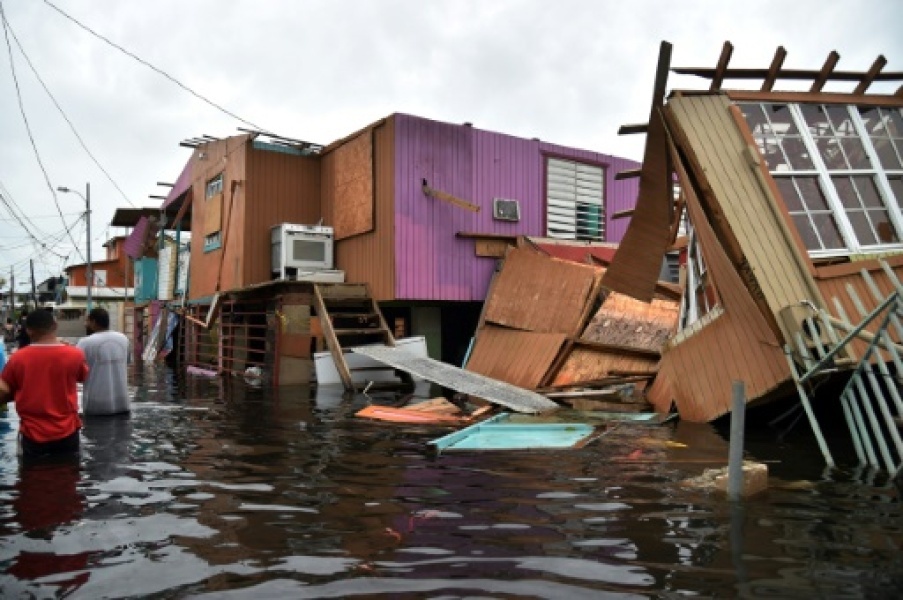
Hurricane Maria: Devastation in Puerto Rico Source: BFM.TV
Our society is so reliant upon communication and takes it for granted that when we do face the hard reality of loosing it, many are not able to even function or become self-reliant. Imagine being separated from your spouse or children in the wake of a disaster and having no means of reaching them or determining their whereabouts, Scary?
My wife and I were recently discussing this exact situation as we began to develop our own emergency plans for such an issue so that if this were to occur we at least both had a plan to reunite with each other and had multiple means to do so. Do you have a plan with your family for this situation and is it likely that this could happen to you? What if the cellular system on a regional or national level was hacked and held hostage for ransom or was completely destroyed? Many think these issues aren’t likely to occur, but the reality is that we are so dependent upon our communications that we lack the clarity to see its vulnerabilities.
In the United States, the cellular and radio communication networks are some of the very best in the world. I know with complete confidence that if I key up my 800mzh radio, I will transmit and receive communication back with little likelihood of failures. In fact, I could key up on a statewide or national mutual aid channel and communicate with crystal clear digital voice capabilities to other responders in hundreds of miles away. There are some backup communication systems that are even more robust than many nations primary systems. To add additional reliabilities, we have made satellite phones more cost-effective and readily available than ever before, so much so that many civilians are purchasing them for recreational activities such as; hiking, mountain biking, etc. Compared to where we were thirty years ago and where many nations are currently, the United States, Canada, and the United Kingdom are leaps and bounds ahead of the global standard and will likely continue to do so in the years to come. Unfortunately, there will always be shortfalls and times when we may not have communications so what do we do? If you’re like many, the thought of not having your phone on you for some time is quite relaxing, especially when on vacation/holiday. But when we need it, it’s a completely different situation. I remember back when I was on a fire engine we were out in prepositioned areas throughout the county as a tornado was moving through the area, in preparation for responding and to prevent all of our emergency apparatuses from being in a central point of vulnerability. The storm passed and we went our assessing the damage when we realized much of our robust 800mzh radio system was disabled, our personal cell phones were barely getting any signal (just enough to periodically send a text message), and we had to rely upon our backup radio systems. Fortunately, our department leaders had given us their leaders intent and general guidance so we were able to carry out our response missions without being in direct communication contacts, however, it did make dispatching and rescue efforts severely complicated. So what do you do in that situation?
- Having your leader’s intent, steering orders, or overall mission guidance already in place will at a minimum ensure your people have a plan and are able to carry out their work even if communication fails or the command is disabled. This has been a military tradition for years and if we adopt that into our daily or situational briefings to our team, the continuity of our mission will drastically benefit.
- Consider signals or rally points in the worst situation. Sometimes the old-school smoke signals, color balloons, or even message runners may be the best plan for a worst-case scenario.
- Build and designate rally locations ahead of time, much like a pre-designated place for everyone to come to and ensure the safety of others before setting out to carry out your mission.
One fire department I know of, encourages and almost mandates that if something really bad happened that they should take care of themselves and their families first and then bring their families to a rally point so that everyone can care for one another while the responders go out and perform rescue operations. I think this is a great plan, it ensures we take care of our families first and then our brothers and sisters while also giving a task to everyone to support the overall community, not a bad idea for the worst-case scenario. Unfortunately, there is only so much we can do to build and protect our communication infrastructure. Thus, the burden falls into ourselves and to our families to make up plans that work best for us in the event of a disaster.
